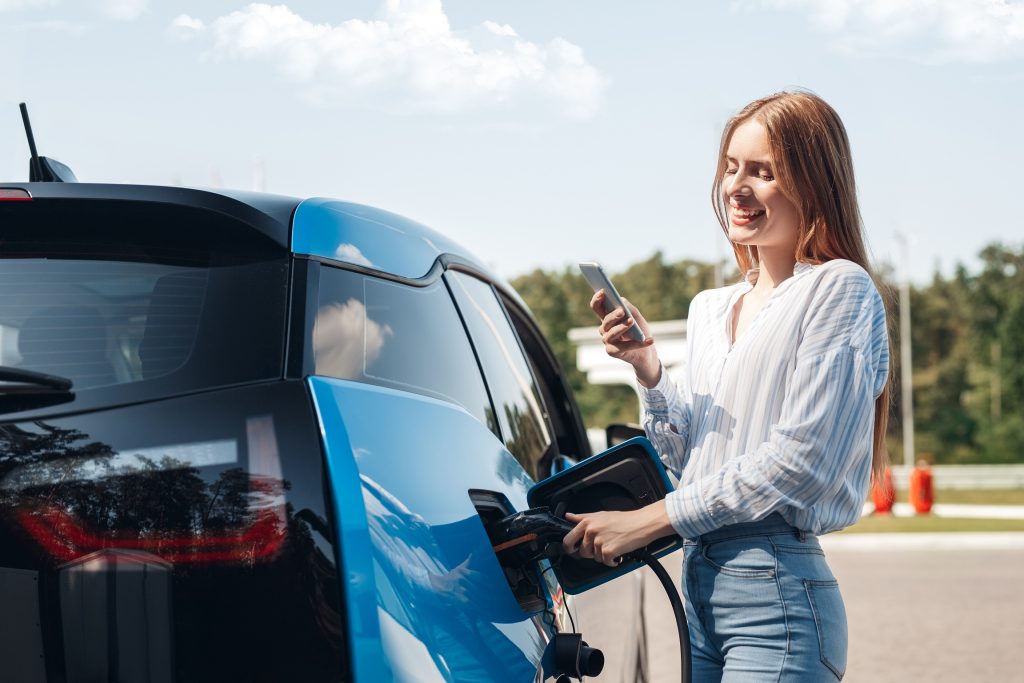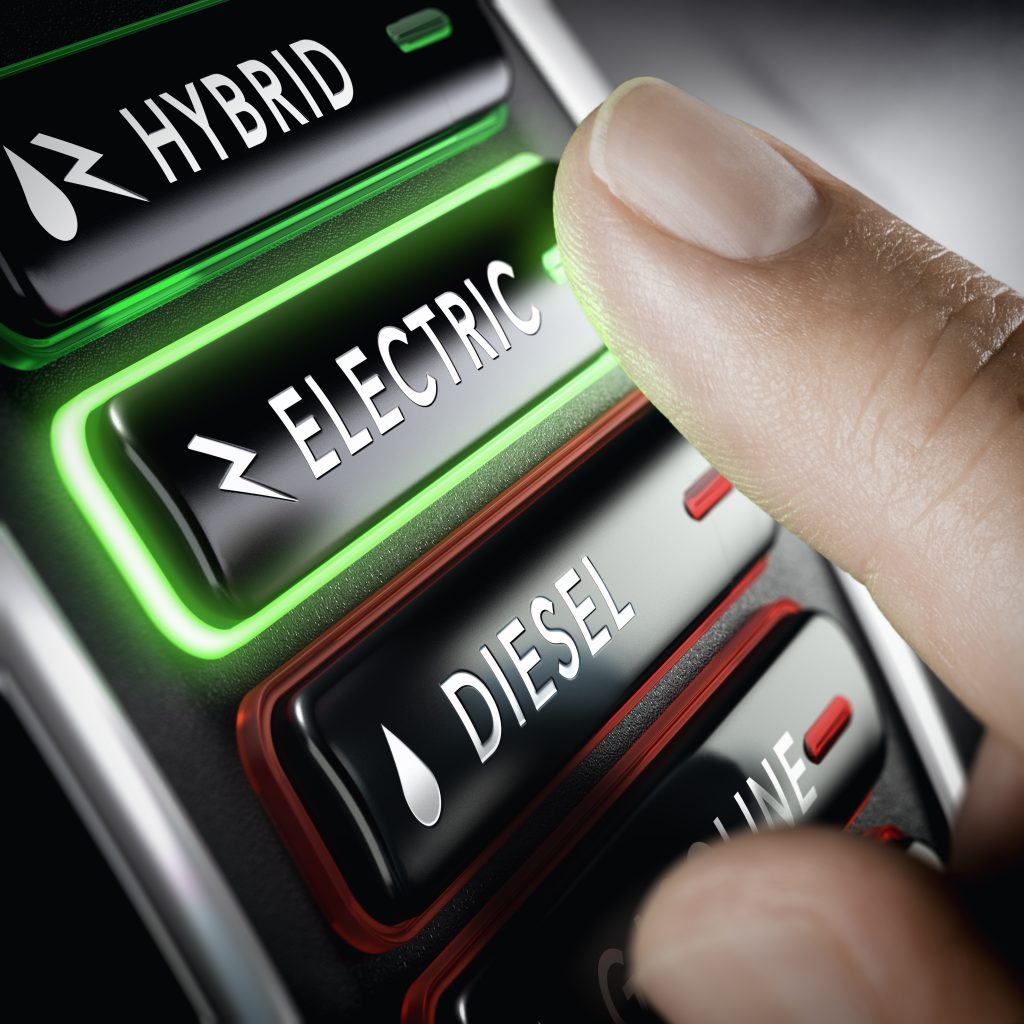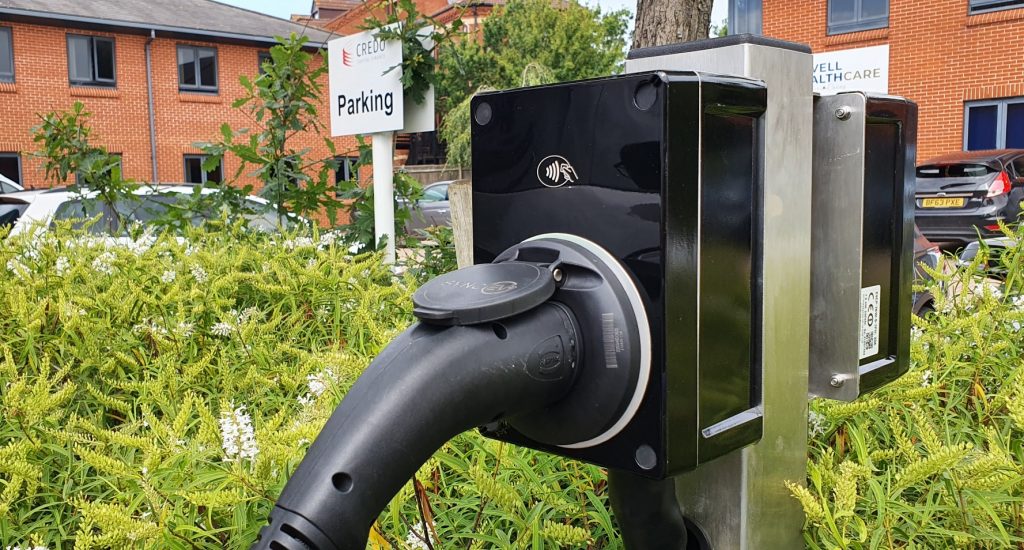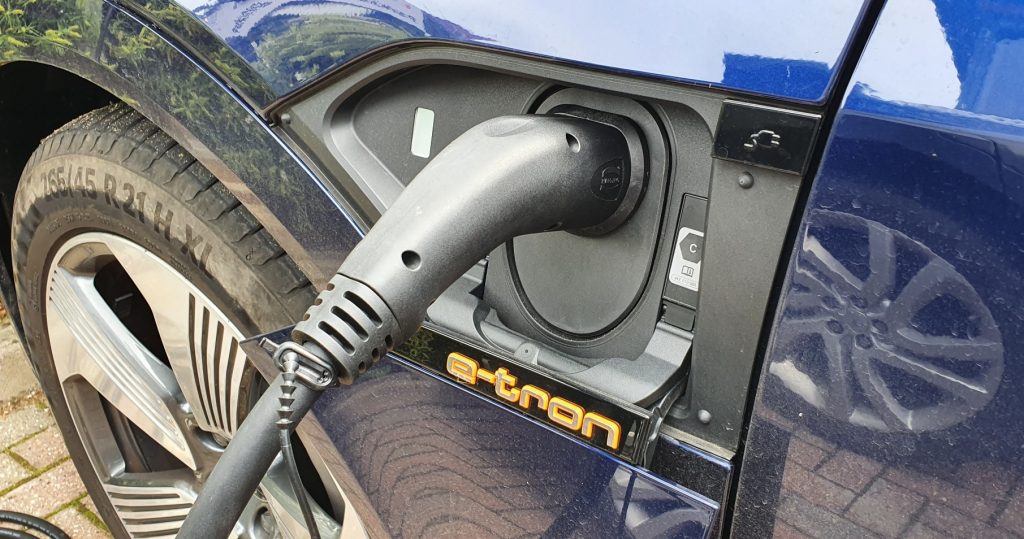
It has been a bumper 12 months for Electric car sales, with 1 out of 4 cars in the UK now powered by electricity.
Under current Government plans, the sale of new petrol and diesel cars will be banned from 2030, and with this only being 8 years away it is clear that new car buyers will be looking increasingly closely at the electric option alongside their combustion counterparts.
In December 2021 alone, 27,705 BEVs (100% pure electric vehicles) were sold in the UK, making up 25.5% of all new registrations that month, and many are on order waiting for the new 22 plate in March. And to keep it local, in Norwich 15% of all new car sales were electric.
If you are considering making the switch to electric you are not alone.
There are three main concerns people raise about purchasing an electric car:
- Range Anxiety – will the car give me the mileage I need to get from A – B and back?
- Infrastructure – Is there enough charging points enroute if I am travelling on a longer journey? I live in a mid-terrace with off street-parking, how will I charge an electric car?
- Cost – Electric cars are expensive to buy
Firstly, range anxiety depends on what sort of driving you do. Many EVs now have official ranges of around 300 to 400 miles but remember, just like quoted petrol or diesel MPG, you are unlikely to achieve it in the real world. Factors like your driving style and cold weather eat into range. But for the vast majority of people who don’t regularly drive long distances, running out of power before you arrive shouldn’t be a significant concern these days.
For those without a garage or driveway where they can charge overnight, there are additional considerations. Infrastructure is improving all the time, but as the number of electric cars on our roads increases, infrastructure needs to keep up. The number of charging points continue to grow, and we are pleased that in Norwich a new electric vehicle charging forecourt with a café and convenience store is taking shape, and similar facilities are being planned all over the country.
The bays at Postwick will include 12 ultra-rapid, 12 rapid, eight branded and two HGV chargers, which will provide charge times quicker than 30 minutes.
And finally, with regards to cost, with many manufacturers promoting their 2022 electric offerings, there is huge choice and cost bandings ranging from £11,000 to £100,000. For many of those who are buying privately, that means financing your new electric car is an important consideration.
Credo are here to help, and our panel of finance funders offer PCP finance options on electric cars. We are specialists in our market, and if you are considering the switch, then please get in touch and we can talk you through your options and do all the hard work for you!
*Credo Asset Finance Limited are authorised and regulated by the Financial Conduct Authority (FRN:670710), authorised for Credit Broking and lending.
We may receive commission for introducing you to a lender. Different lenders may pay different commissions for such introductions. The amount of commission is fixed and does not affect the cost of credit.





